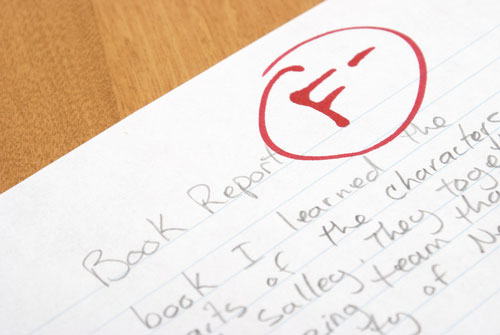Nervous around beautiful women? Download my 10 best “no-fail” openers that WILL have her handing you her phone number tonight.
There’s something I call the wait clause.
The wait clause is how I’ve learned how to conduct business.
Over my 30+ years of being in the business world, I’ve learned one valuable lesson. You’re going to spend a lot of money on people that don’t carry their weight. And until you determine what you’re going to do from that lesson, you’re going to continue to attract exactly what you don’t want.
When people first come into a job or an opportunity, they’re very gung-ho.
 Why? It’s probably because they’re selfish. And it’s not a negative selfish. They’re selfish.
Why? It’s probably because they’re selfish. And it’s not a negative selfish. They’re selfish.
They need money.
They see the opportunity.
They have hopes, dreams and aspirations around it.
They convinced themselves that they’re qualified for it because they want the job or they want the position.
And they come in hard, and they sell themselves hard and fast.
And, of course, as a business owner or entrepreneur, we want someone who’s jazzed up about our business, jazzed up about what we’re doing, shares the same vision. So we take the bait.
Once we take the bait, we think we’ve found somebody fantastic, and then we hire them.
And then what happens is one or two things.
One, they either carry their weight.
Or they’re just full of big talk.
And I have many people who have worked for me who have been full of big talk. They talk the talk. They say what they think I want to hear, but they never deliver.
You see, people are always at their best behavior in the first 30 days. Here’s what you need to do every 30 days, and I call it the wait clause.
When you hire somebody for your business, you need to write down all their big ideas and big promises.
It’s no different than any other relationship you have.
It’s no different than the man or the woman that you meet that promises so many things and doesn’t really deliver.
You can use the wait clause in all your relationships, from friendships to business to love.
So, in the first 30 days, write down all the big promises that the person wants.
And then take a look, at the end of the 30 days, what they’ve accomplished. Have they really come through on their big promises, or are they just big talkers?
Just like in grammar school and high school, you can grade them. Let’s say, for instance, they’ve got 10 big promises they give you, and they only can get to three of them and make excuses for the rest, or they forget.
Well, that’s 30%.
 If you were in school, even with a bell curve –
If you were in school, even with a bell curve –
That’s still probably going to be an F, a complete failure, because, remember, in the first 30 days, everybody’s on their best behavior because they want to believe that they’re that person. They like you.
They like the job opportunity.
They want to be your boyfriend or girlfriend.
So they’re going to try to be something that they’re probably most likely not because they don’t want to lose the opportunity to work for you or be your lover or be your partner.
Write down everything, and at the end of 30 days, have a discussion with them and ask them what happened. What about this idea and that idea. How come that wasn’t implemented, and what stopped you from implementing it? Sit down with them, and then give them, if you feel they are going to improve, give them another 30 days, and that’s it.
It’s what I call the wait clause. If you’ve got somebody who’s 8 out of 10, you’ve got somebody who’s a B. A B can always get an A. If you have somebody who’s a C, and you think they have potential, and you want to guide them and work with them, great. But if you’ve got people who are D and below, well, it’s very hard to change a D around unless you want to go into the role of continuing mentoring, watching, and micromanaging any relationship you’re in from work to love and everything.
For me, I don’t really want to be a micromanager, whether I hire somebody new – I want them to be able to take off.
I want them to have initiative.
I want them to implement ideas.
I want them to be what I’m not. That’s why I’m hiring somebody. I want them to be what I’m not.
I don’t want to be the teacher. I want to learn from them as much as they learn from me. It’s 50/50. We’re both driving that car. We’re both equal participants in the story of us.
The wait clause is one of the best ways that I manage my life, and it’s something that I’ve started doing again because I realized it’s the only way to really truly see somebody and take all the emotions out when it’s clearly in front of you in black and white.
Nervous around beautiful women? Download my 10 best “no-fail” openers that WILL have her handing you her phone number tonight.






1 Comments | Join the Discussion!
Vonnie
Saturday, February 18th, 2017